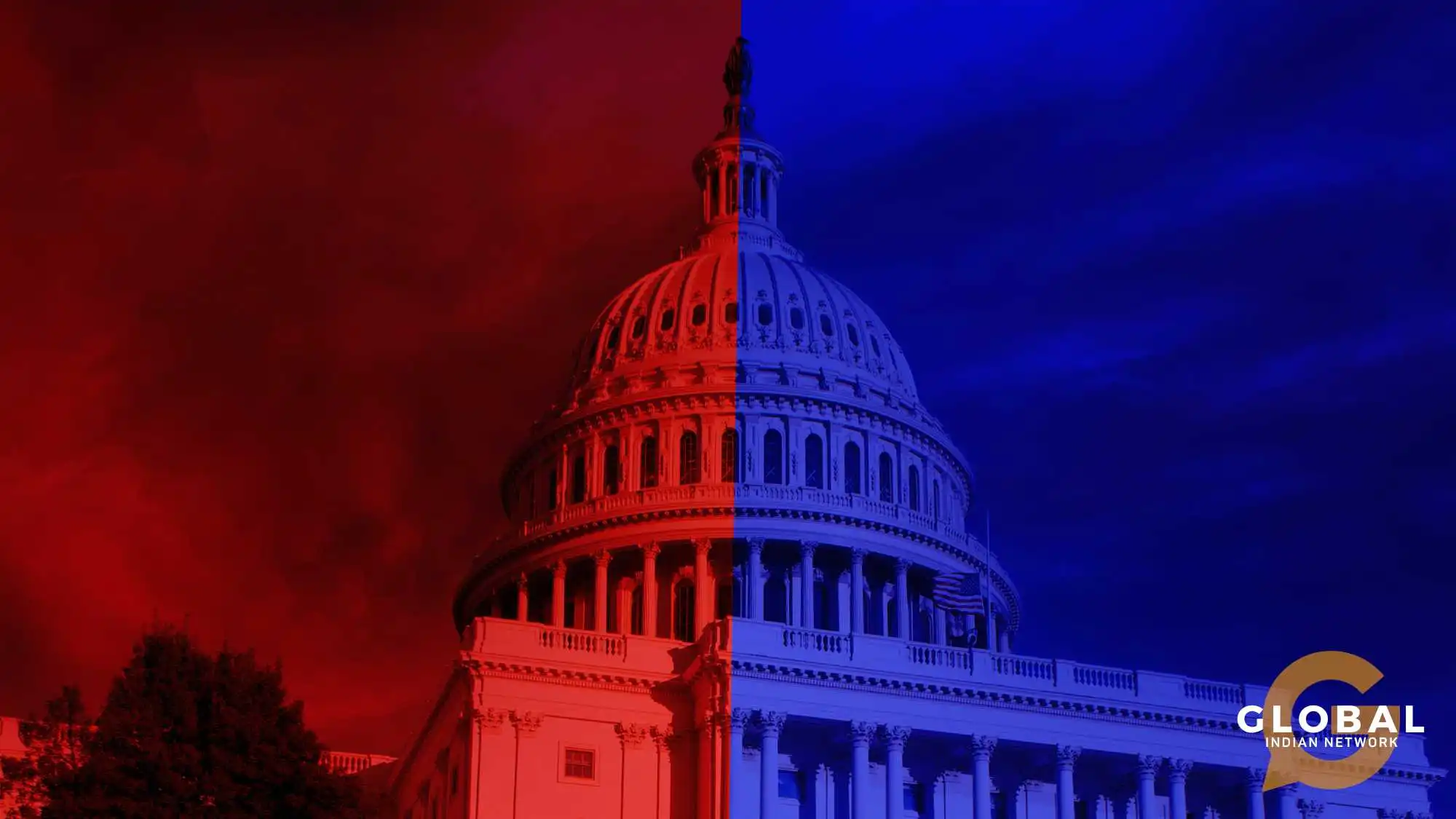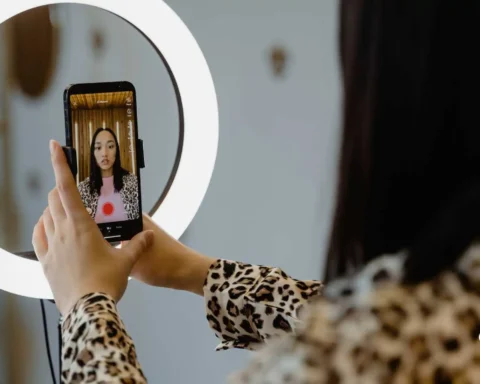"What's in a name? That which we call a rose by any other name would smell as sweet." This is a quote from Shakespeare's play Romeo and Juliet, written in the second half of the 16th century. Juliet is reflecting on the idea that a name is just a label and that the true nature of a person, or in this case, their love, is not determined by their family name. The quote highlights the theme of the insignificance of names and the power of genuine feelings.
Extrapolated to current times, more than 400 years later, why is a name or hair colour still being discussed?
Are we becoming more civilised or more primitive?
Context of Black Hair
Black hair's history is deeply rooted in African traditions and customs. Different ethnic groups across the African continent have distinct hairstyles, symbolising status, age, marital status, or community affiliation. These styles are passed down through generations, representing cultural symbols and meanings. Black hair is a canvas for cultural expression and a connection to ancestral heritage.
Transition
The evolution of black hairstyles reflects the changing cultural and political landscape experienced by people of African descent. It symbolises resilience, identity, and the fight against racism. Black hair is a sacred expression, both oppressed and empowered. It represents identity, heritage, and the evolution of black culture. It is continuously reimagined and demands acceptance and love from the community.
The adoption of the afro during the Civil Rights Movement and Black Power Movement of the 1960s and 1970s symbolised pride, resistance, and a rejection of Eurocentric beauty standards. It became a political statement, empowering black individuals and challenging societal norms. The afro represented a reclaiming of African identity and a rejection of forced assimilation. It reflected the fight against racism and the pursuit of empowerment. Black hair holds deep political and cultural significance as a form of resistance and empowerment.
CROWN Act 2019
The measure, known as the CROWN Act—an acronym for 'Create a Respectful and Open Workplace for Natural Hair'—was passed in 2019. Did you know the Act is not a federal law enacted only in 24 states and the U.S. Virgin Islands as of 2023?
Interestingly, JOY Collective's 2019 CROWN Research Study found that black women were 30% more likely to be informed of a formal workplace grooming and appearance policy than non-black women. The study surveyed 1,017 black women and 1,050 non-black women (92% identifying as white) and gathered data on hair discrimination experiences in professional work environments.
The study is associated with the CROWN Act legislation, which has been enacted in seven states. The Act aims to prevent race-based hair discrimination, specifically denying employment and educational opportunities based on hair texture or protective hairstyles like braids, locs, twists, or Bantu knots, as stated on the legislation's website.
Black hair is one feature that has been used against black women for centuries. It is understandable if the victims wanted to escape their positions to escape ridicule. There could be a psychological problem with a person if they have to ridicule or discriminate against another so that they can feel good about themselves.
As far as blacks are concerned, do not let yourself be bullied by a 'so-called' privileged society. Don't let their bad attitude shake your confidence. You are what you are. Unique. Let that be your guiding star. You have the power to choose who you are and who you want to be.
The first Africans on American soil were enslaved. To be historically correct, they were enslaved. That does not mean that they will continue to be enslaved forever. When slavery was abolished in 1865, the perpetrators, the whites, continued to enforce it because it suited them well. Now, in 2023, there is a thought that occurs. Who are the real slaves- the blacks who were forced brutally to become enslaved people or the whites who are still slaves to their discriminatory attitude despite their education?
Probably, whites can do some self-introspection and ask themselves the question, 'Do I want to be a black woman? If not, why? If yes, why? Listen to your thoughts carefully.
Don't worry. No one is going to read or hear your thoughts. Go ahead!











Very good learned article. The suggestion of Self-introspection by Whites is strongly positive and non-offensive.
[…] the modern marketplace running behind to become the 'land of plenty', the paradox of choice is an interesting phenomenon that shapes consumer behaviour. By recognising this phenomenon and […]